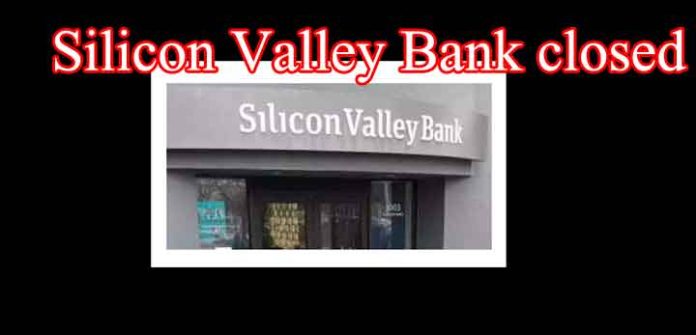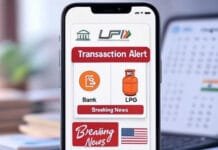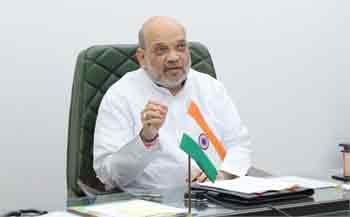America’s leading bank Silicon Valley Bank has closed. The matter has become so bad that in a few days the bank’s 100 billion dollar (Rs 8189 crore) has sunk. Startups and investors are now more worried due to the decline of this bank. In this case, Y Combinator says that about 10,000 small firms with accounts at the Silicon Valley bank could be affected. With this, there has been a crisis on the jobs of about 1 lakh people. Due to which most people will become unemployed. This could potentially have an impact on some Indian startups.
Due to the bank crisis, not only will 1 lakh people lose their jobs, but the monthly salary of the employees may also decrease, or the crisis may continue even after the money is paid. A third of the companies in the Y Combinator ecosystem are reportedly operating under an account at a Silicon Valley bank, according to a petition to the US government, which was given to US Secretary of the Treasury Janet Yellen. According to an email sent to employees Employees of the Silicon Valley bank were offered 45 days of employment at 1.5 times their pay by Federal Deposit Insurance Corp, the regulator that took over the bankrupt lender on Friday, according to reports Reuters was able to obtain.
The FDIC said in an email late Friday that employees would be registered and given benefits information within weeks, and that former parent company SVB Financial Group (SIVB.O) would provide information on healthcare. SVB employed 8,528 people at the end of last year. The petition states that it is estimated that this banking crisis will affect more than 10,000 small businesses and startups. On the other hand, if 10 people are being given average jobs, then there is a possibility of 1 lakh people losing their jobs.
And over 3,500 CEOs and co-founders of startups and small enterprises, including Indian companies PayO, SaveIN and SalaryBook, have supported the initiative. According to NVCA, Silicon Valley Bank has more than 37,000 small businesses with total deposits of more than US$250,000. However, the bank is no longer able to access this amount. The FDIC is in charge of it, and it will act as a receiver for several years.














